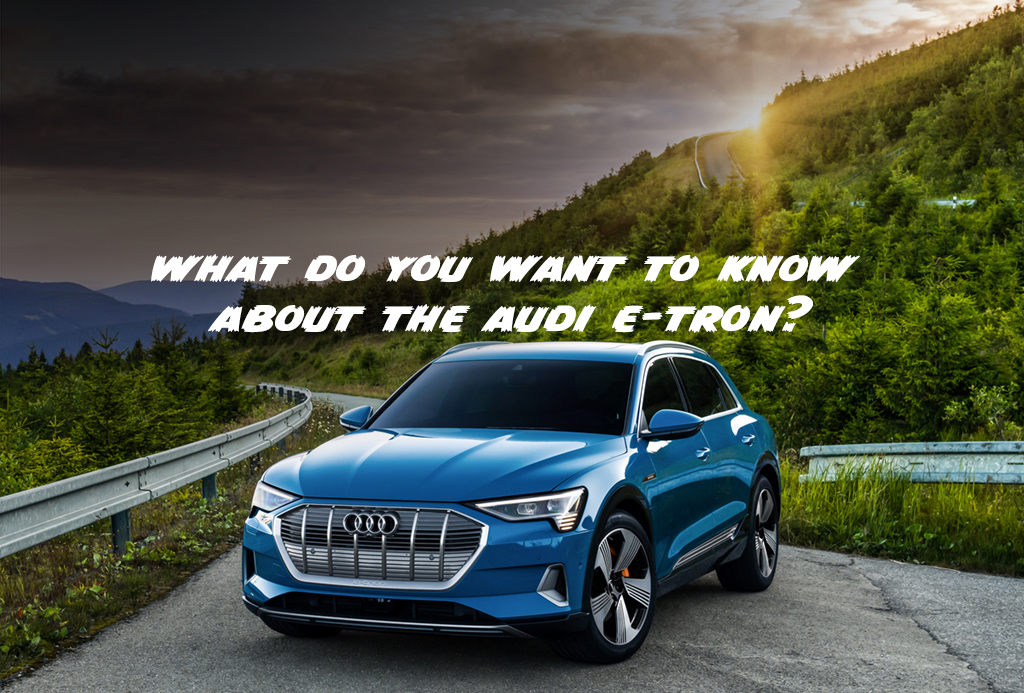No, I’m not going to type it out in lowercase letters. It feels wrong to spell it that way, even if Audi disagrees. Regardless, I’m off to drive it and I want to know what you want to know about the German automaker’s new electric vehicle.
Here are the basics on this one; the E-Tron is a battery electric crossover that slots in the lineup between the Q5 and Q7. This is Audi’s first fully electric production vehicle. And it boasts that styling edge that’s quasi concept like without pushing too far into TRON territory.
Under that stylish skin lives a 95-kWh battery pack, which sends power to a pair of electric motors. One sits up front and the other lives out back. I’m curious if Audi pushed the front motor way in front of the axle just for old time’s sake, but I don’t think that’s the case. Either way, the combined power output is a respectable 355 horsepower and 414 pound-feet of torque. Apparently there’s a Sport mode that unlocked a bit more juice though, and power output rises to 402 hp and 490 lb-ft of torque.
All of the initial impressions, based on automaker photos and a spec sheet, show an interesting and attractive machine. The big sticking point, however, is the fact that the EPA-estimated range is just 204 miles. Even the Jaguar I-Pace breaks past 230 miles. Audi needs to get that range figure way up if it wants to make a dent in Tesla’s marketshare.
I’m flying to Northern California to give it a run. What do you want to know about it?


Leave a Reply